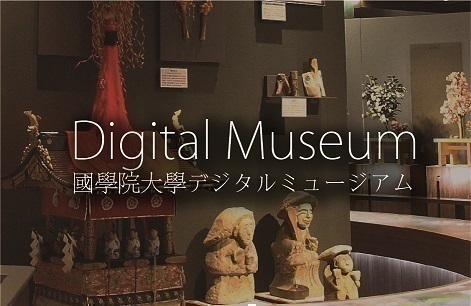- トップ
- Encyclopedia of Shinto
- Hōbeishi
Encyclopedia of Shinto
| Main Menu: | |
| Links: |
詳細表示 (Complete Article)
| カテゴリー1: | 3. Institutions and Administrative Practices |
|---|---|
| カテゴリー2: | The Emperor |
| Title | Hōbeishi |
| Text | The general name for envoys who carry offerings (heihaku) to royal mausolea and kami at the command of the emperor. There are various types of envoy including the general category of hōbeishi, reiheishi (who carry offerings to Ise Shrine) and yoshinohōbeishi (who serve as envoys to important imperial rites such as an enthronement [sokui], the Daijōsai royal initiation, and the coming-of-age [genpuku] rites). According to the ritsuryō Prescriptions Concerning Divinities (Jingiryō), "Those selected to carry offerings to various shrines for other than regular rites should be of the fifth rank or higher." Those of the fifth rank or above were selected through divination, so that persons pleasing to the kami were chosen. There were also cases where the hōbeishi was determined by a particular shrine, such as the Ō family for the Grand Shrines of Ise, the Wake family for Usa Hachiman Shrine, and the Fujiwara family for Kasuga Shrine. The Kamakura government (bakufu) sent a type of special magistrate dealing with shrines and temples to offer heihaku at the Ise shrines and well known shrines in the vicinity of Kamakura. This magistrate was also called hōbeishi. As the authority of the court waned in the medieval age, the practice of sending hōbei disappeared. However from the mid-seventh century there was a revival of court rites, partly due to the increased value placed on them by the Tokugawa bakufu. After 1873, except for The Grand Shrines of Ise, local officials took on the role of hōbeishi and offered hōbei at all the official shrines called kankokuheisha. However in 1911, the commonly used name hōbeishi was changed to heihakukyōshinshi — envoys who offer the heihaku. Postwar, hōbei have been sent to shrines designated as venues of imperial rites (chokusaisha) and to royal mausolea but in these cases, the hōbeishi are associated with the Imperial Household Agency (Kunaichō). — Inoue Nobutaka |




